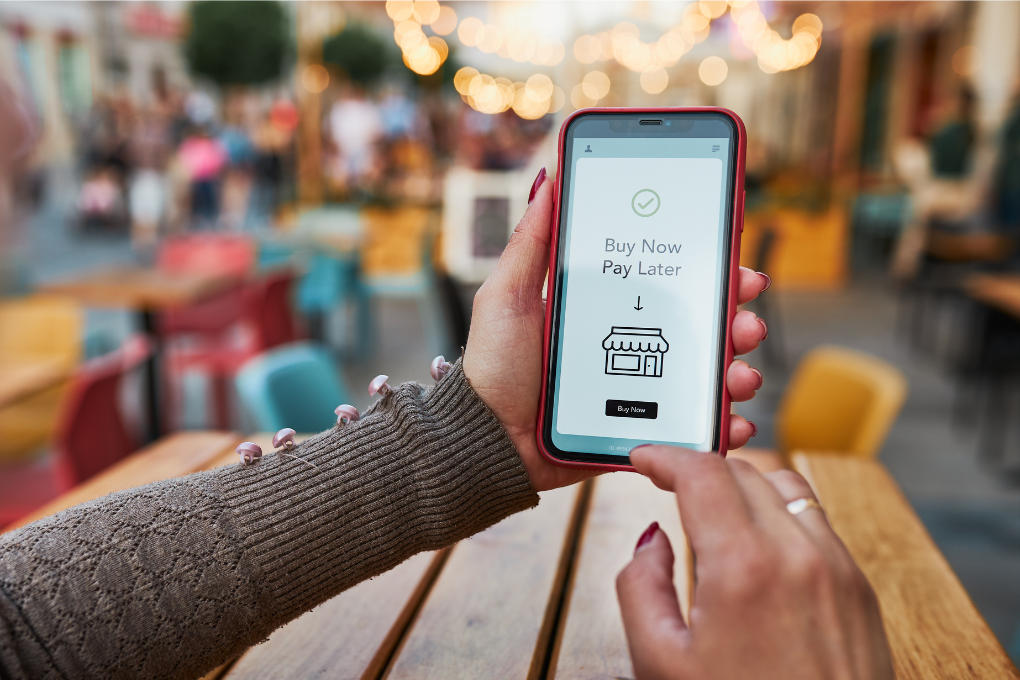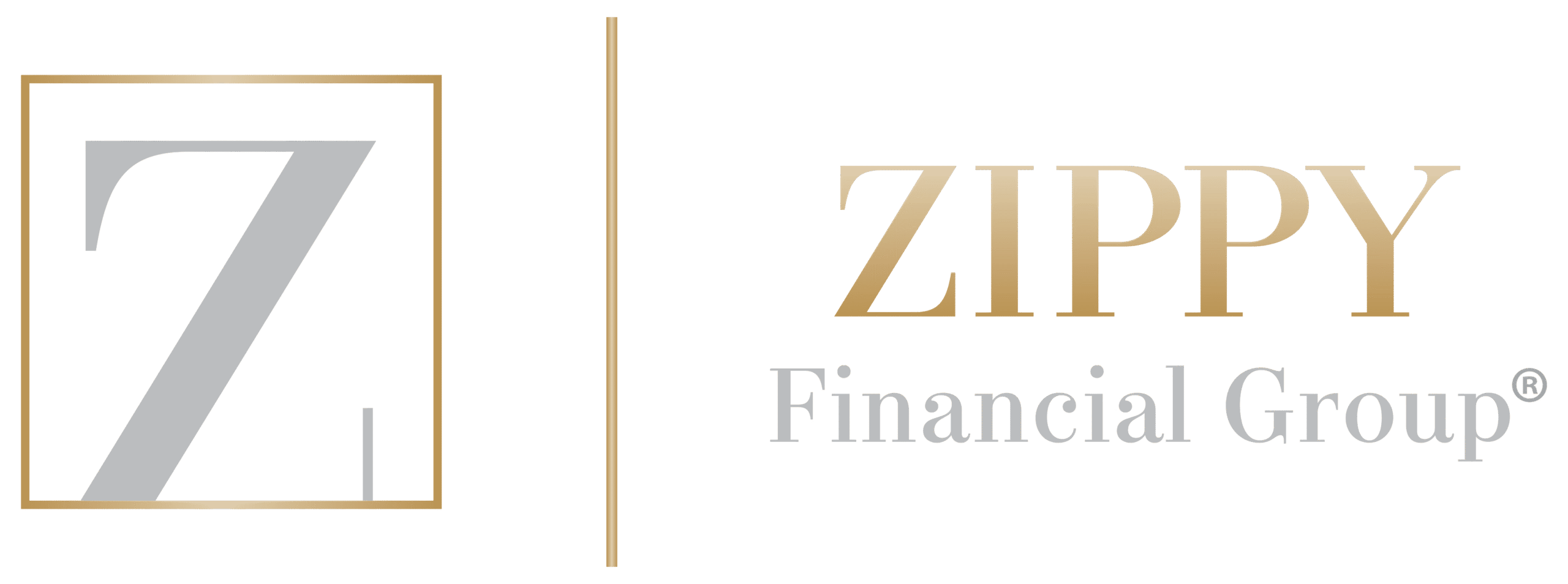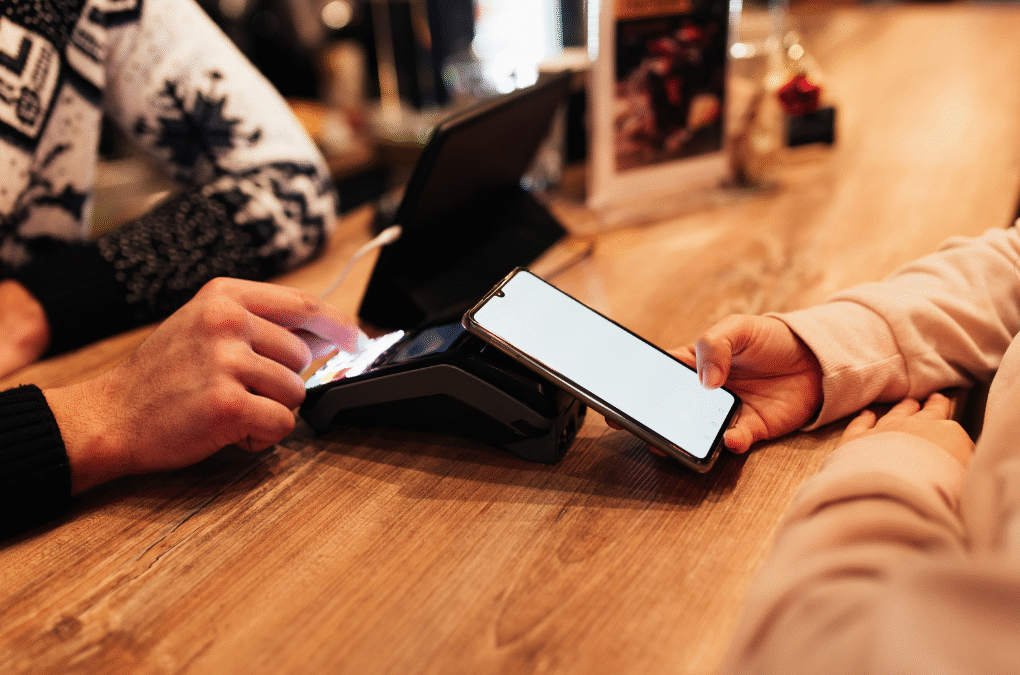Afterpaying Essentials: A Convenient Trap?
Afterpaying essentials like food, petrol, and everyday necessities is quickly becoming the norm in Australia. With services like Afterpay now available for Uber Eats and even servo stops, it’s easy to think this is just a modern convenience. But here’s the kicker — should we really be borrowing money just to eat or fuel up? While it may feel harmless, using buy now, pay later (BNPL) services for basic needs could be a sign of deeper financial issues.
From Big Purchases to Basic Needs
Buy Now, Pay Later services have surged in popularity, and for good reason. Spreading the cost of a new appliance or pair of runners over four instalments can be helpful. But when we start afterpaying essentials like takeaway meals or fuel, we blur the line between smart budgeting and risky borrowing.
Once upon a time, we used cash for these everyday purchases. Now, more Australians are choosing BNPL for basic items. That shift raises red flags about affordability and financial resilience in a cost-of-living crisis.
BNPL Regulation in Australia: What’s Changed?
As of 10 June 2025, BNPL services like Afterpay are now officially classified as low-cost credit under new Australian legislation. This means:
- Credit checks are now required.
- Providers must hold a credit licence.
- Fees are capped to prevent consumer harm.
While these laws aim to offer more protection, they also slow down the process and may limit access — especially for those relying on BNPL to get by.

When Afterpaying Essentials Becomes a Risk
So what’s the big deal about afterpaying essentials?
If you’re using Afterpay for dinner or a tank of petrol, chances are your budget is already under stress. You’re not alone — with rising rent, stagnant wages, and inflation, millions of Aussies are feeling the pinch.
But using BNPL for basics doesn’t solve the problem — it delays it. Those four “easy” payments quickly stack up, especially if you’re juggling multiple BNPL purchases. Miss just one, and you could face fees that make dinner cost more than a gourmet meal.
The Hidden Debt Cycle Behind BNPL
The biggest danger of afterpaying essentials is the hidden debt cycle. When payments start overlapping and your pay cheque disappears into repayments, it’s no longer convenient — it’s a financial trap.
Ask yourself:
- If I can’t afford dinner today, can I really afford to repay it over the next month?
- Should debt be a tool for daily survival?
- Are companies doing the right thing by offering credit for consumables?
This cycle is what turns a helpful service into a subtle source of long-term financial stress.
Afterpay Isn’t All Bad If Used Right
Let’s be fair, BNPL isn’t inherently bad. When used wisely, it can genuinely help spread out big-ticket costs like buying a washing machine or booking flights. The key is discipline.
Use Afterpay for planned, occasional expenses not as a lifeline for everyday spending. If you find yourself afterpaying essentials regularly, it’s a warning sign that you may need to rethink your budget and seek support.
Is It Really Worth It?
Debt for dinner? Credit for coffee? It’s worth stopping and thinking before clicking “Pay in 4.” The next time you’re tempted to Afterpay that takeaway or petrol fill-up, ask yourself:
“If I can’t afford this now, should I really be buying it at all?”
We all deserve a meal on the table and a full tank but not at the cost of growing debt. Be kind to your future self. Make choices that support your wellbeing not just your cravings.

